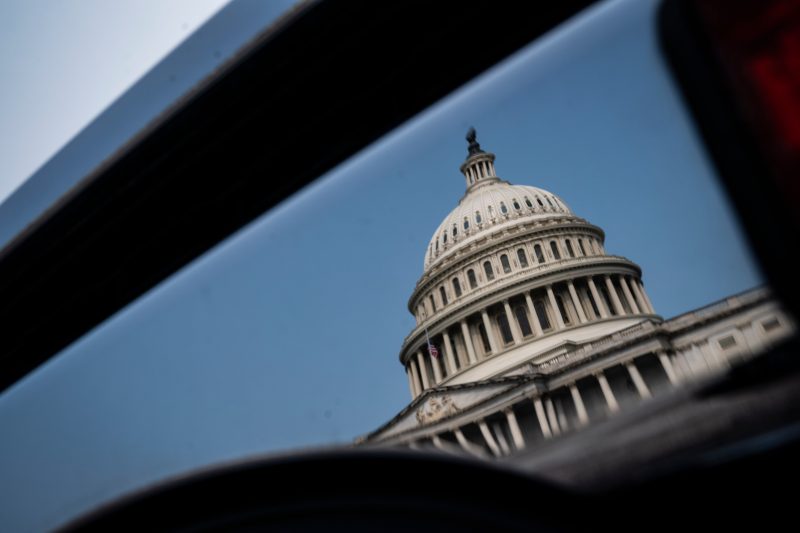Body:
The recent budget negotiations in Congress have highlighted a daunting paradox within the realm of fiscal policy – while lawmakers have agreed on how much to spend, they remain at an impasse on how to spend it. This disagreement, although frustrating for many, is indicative of the divergent priorities and ideological divides that exist within the legislative body.
One can argue that the current dilemma is nothing new, as it reflects the perennial struggle between fiscal conservatism and progressivism. However, what sets this particular budget scenario apart is the pressing need for bipartisan cooperation to address the urgent challenges facing the nation – from infrastructure needs to healthcare reform. This begs the question: why has Congress been unable to find common ground on the spending priorities that can address these critical issues?
To delve into the core of the issue, it is essential to understand the underlying dynamics at play. The first challenge lies in the vast differences in ideology and policy preferences among members of Congress. On one hand, proponents of fiscal conservatism argue for reduced government spending and a focus on deficit reduction. They highlight the importance of sound financial management and the need to prevent the burdening of future generations with excessive debt.
On the other side of the spectrum, progressive lawmakers emphasize the need for increased spending to address social inequalities, bolster infrastructure, and provide a safety net for vulnerable populations. They argue that investing in education, healthcare, and sustainable energy initiatives will not only benefit current generations but also ensure a prosperous future for the nation.
The second challenge stems from the complex political landscape in Congress. Not only do members need to navigate their own party lines, but they also face pressure from interest groups, constituents, and re-election concerns. This intricate web of competing interests can make it difficult for lawmakers to find common ground and compromise on the allocation of funds.
Moreover, the hyper-partisan nature of today’s political climate makes it increasingly challenging to bridge the gap between opposing viewpoints. With each party seeking to score political victories and protect their respective bases, reaching a consensus on how to spend the allocated funds becomes an arduous task.
Perhaps the solution lies in reconceptualizing the budgetary process itself. Instead of focusing solely on the allocation of funds, Congress could adopt a more outcome-oriented approach. This means shifting the discourse from how much money to spend on specific areas to how to achieve specific goals within those areas.
By setting clear goals, such as improving infrastructure or expanding access to affordable healthcare, Congress can create a framework that allows for more creative and flexible spending options. This approach would entail bipartisan input in developing strategies and evaluating their effectiveness.
Additionally, a more transparent and inclusive budgetary process could help foster compromise. By actively engaging with stakeholders, including outside experts, industry representatives, and civil society organizations, lawmakers can benefit from diverse perspectives and develop more comprehensive and balanced spending proposals.
Ultimately, finding consensus on how to spend allocated funds requires a collective recognition of the urgent problems facing the nation. It demands a departure from rigid ideological positions and an openness to innovative approaches and compromise. While difficult, achieving this harmony is essential to ensure that the nation’s resources are put to their most effective and beneficial use.
In conclusion, the recent budget negotiations in Congress have underscored the challenge of finding agreement on how to spend allocated funds. This deadlock reflects the divergent priorities and ideological differences among lawmakers, compounded by the complexities of the political landscape. However, by adopting an outcome-focused approach, engaging with stakeholders, and fostering bipartisan cooperation, Congress can overcome this impasse and ensure that taxpayer dollars are maximized for the benefit of the nation.
